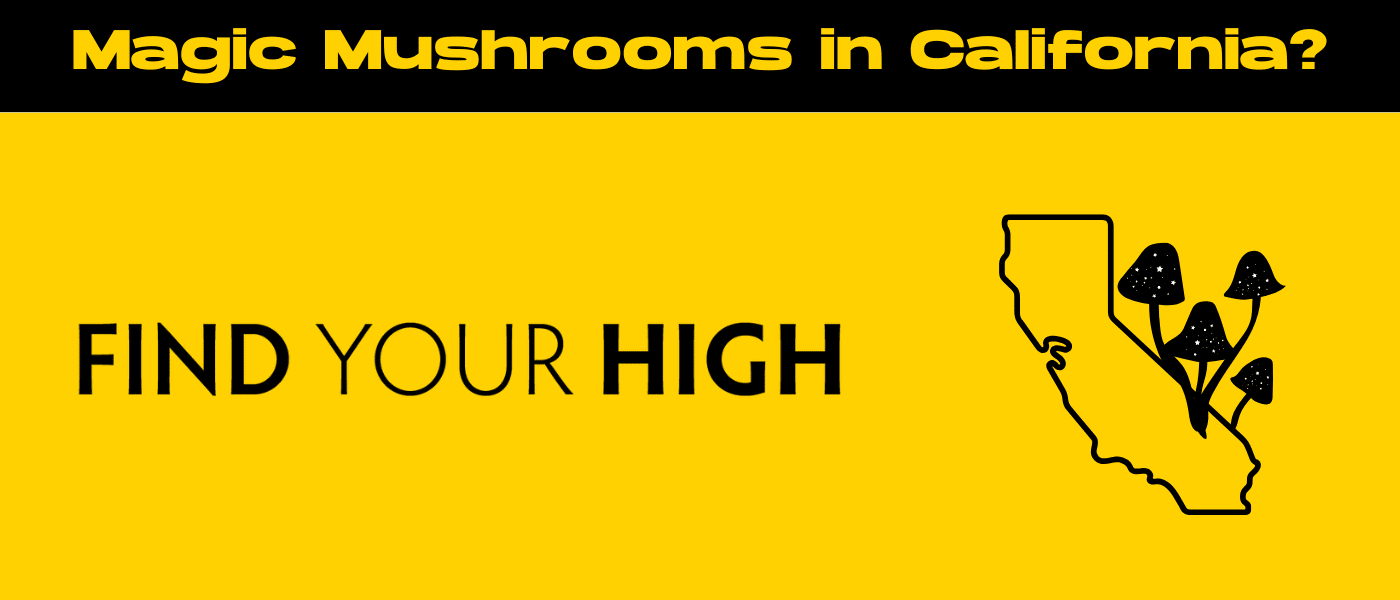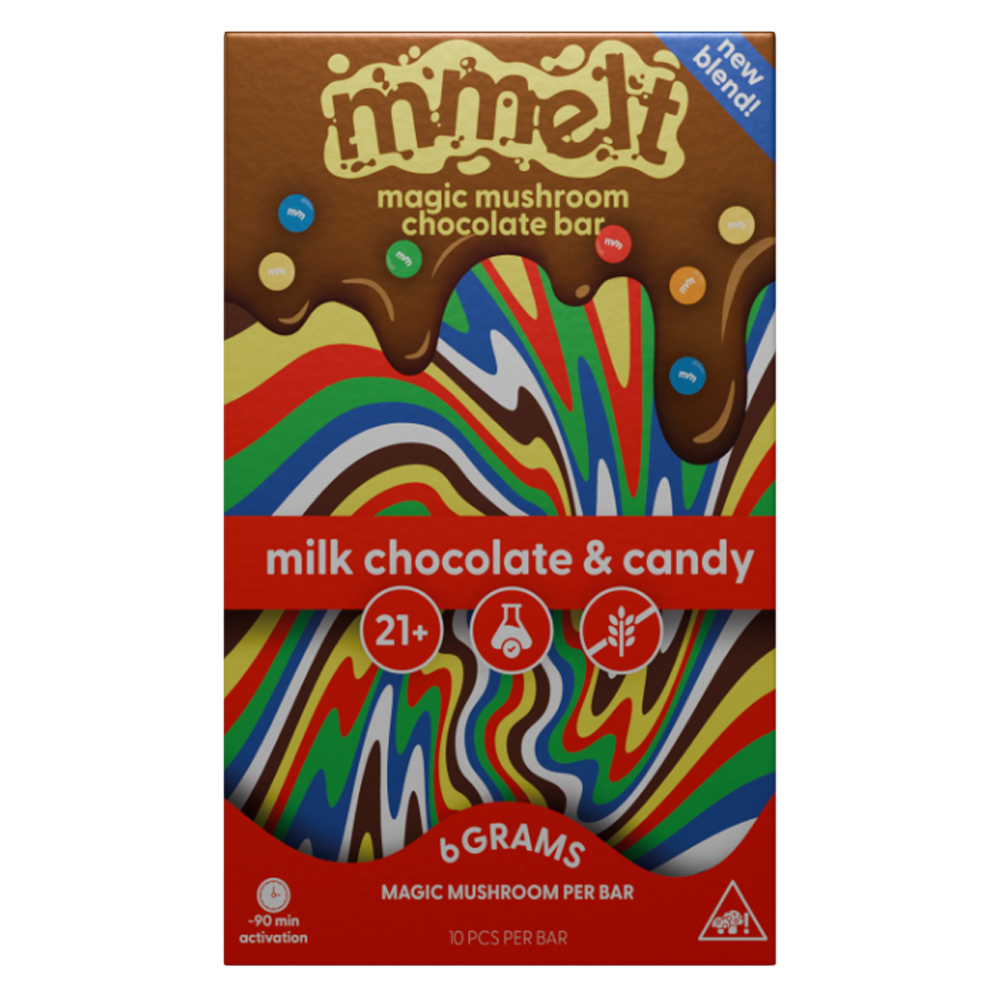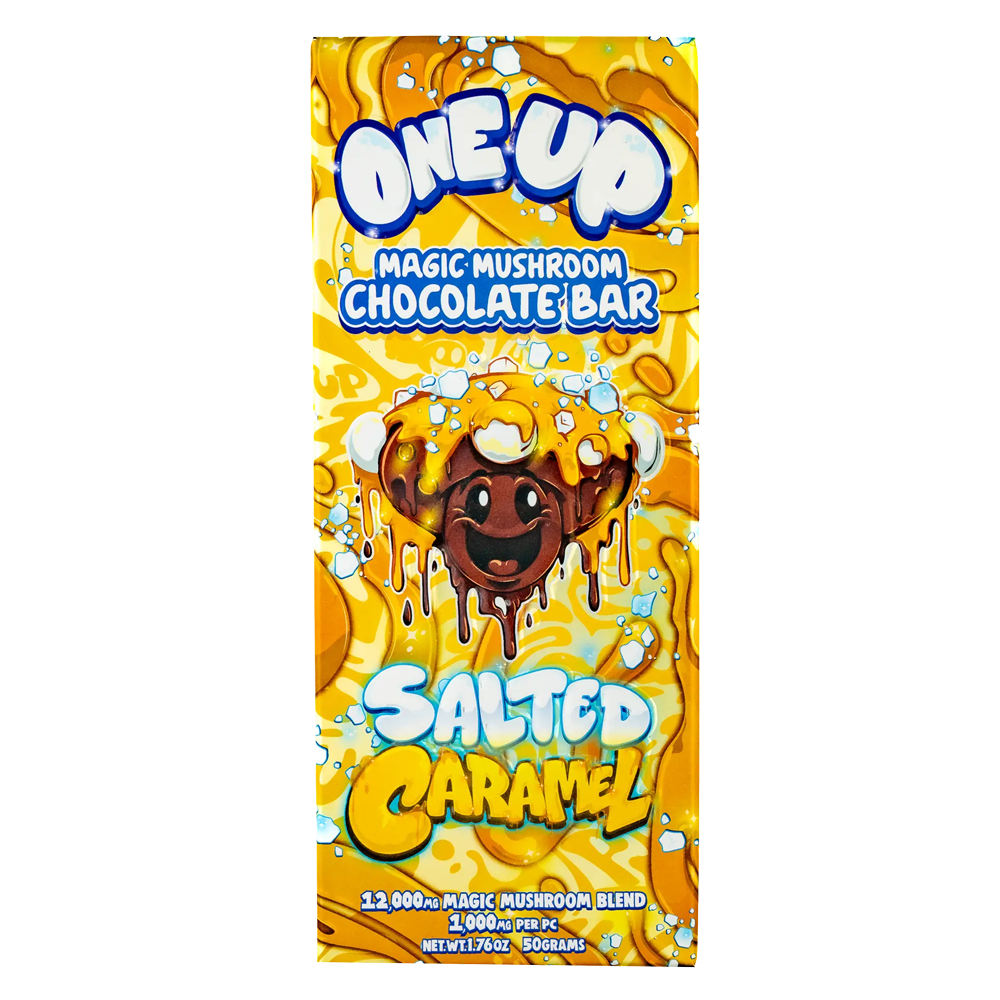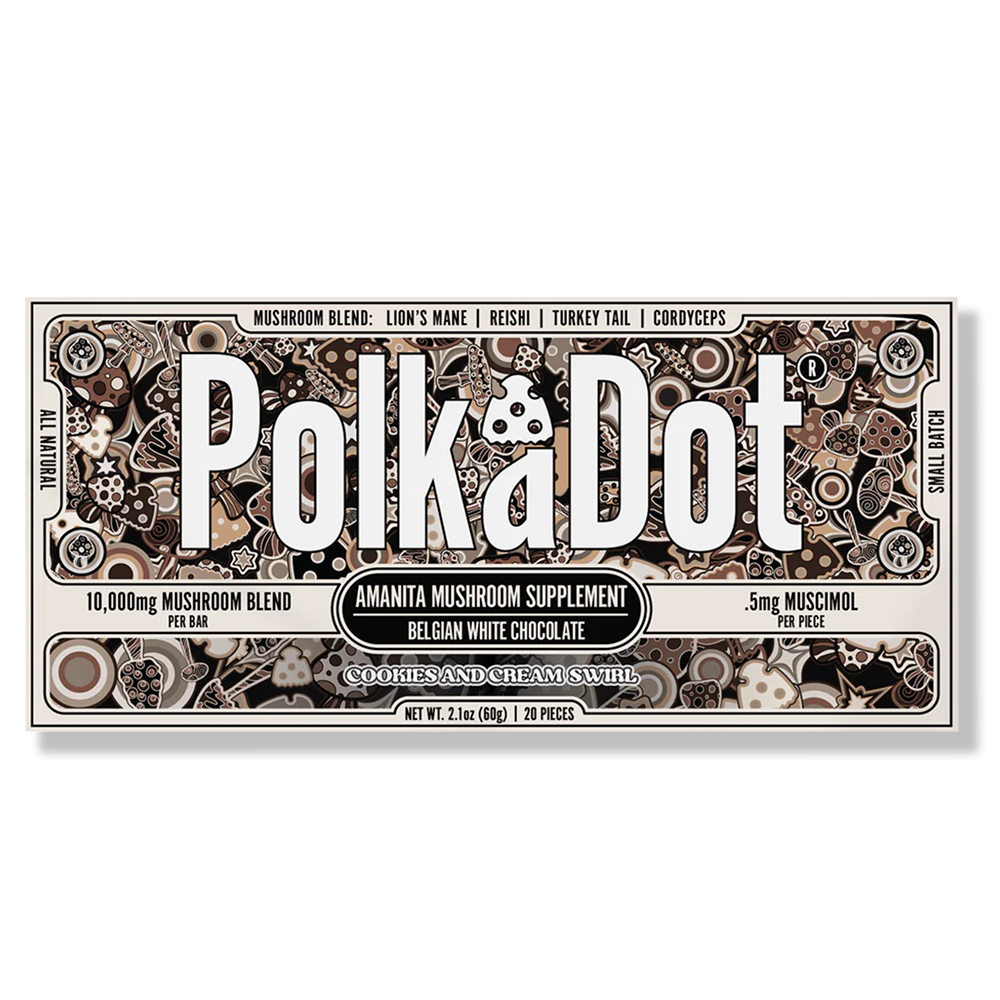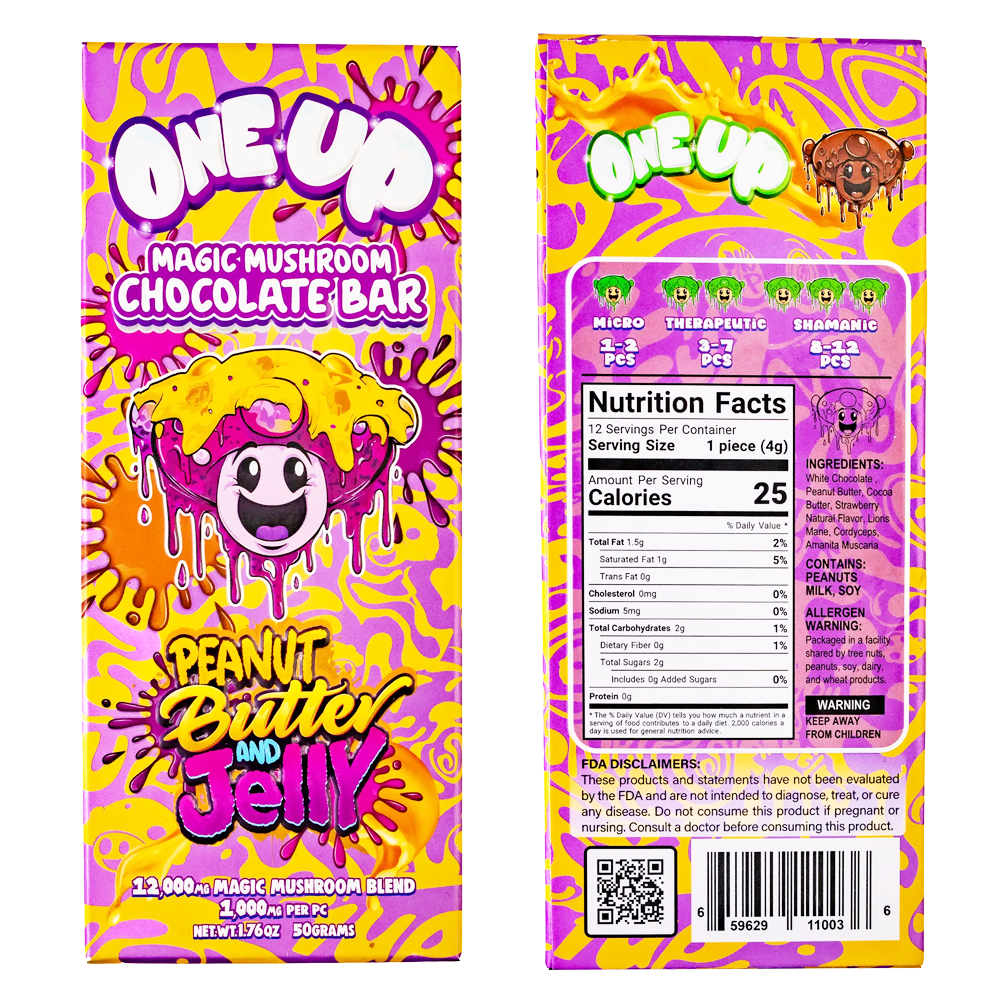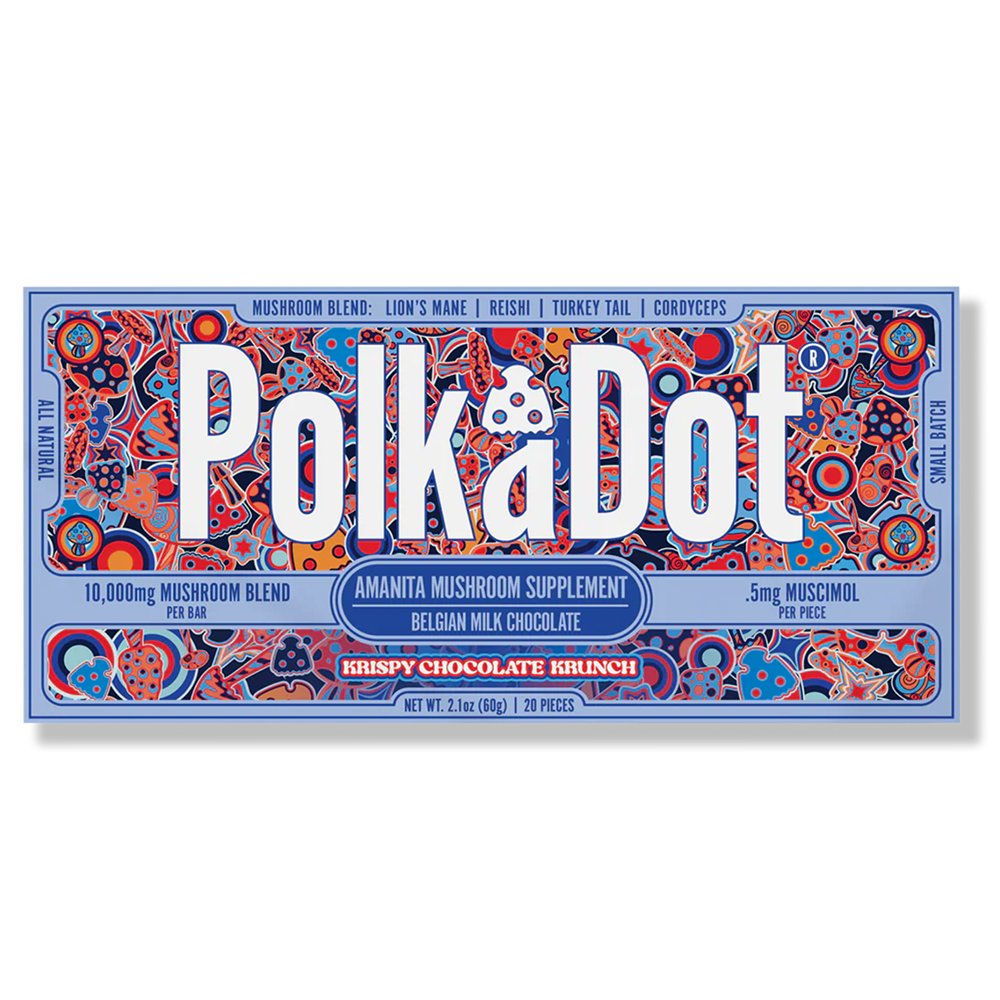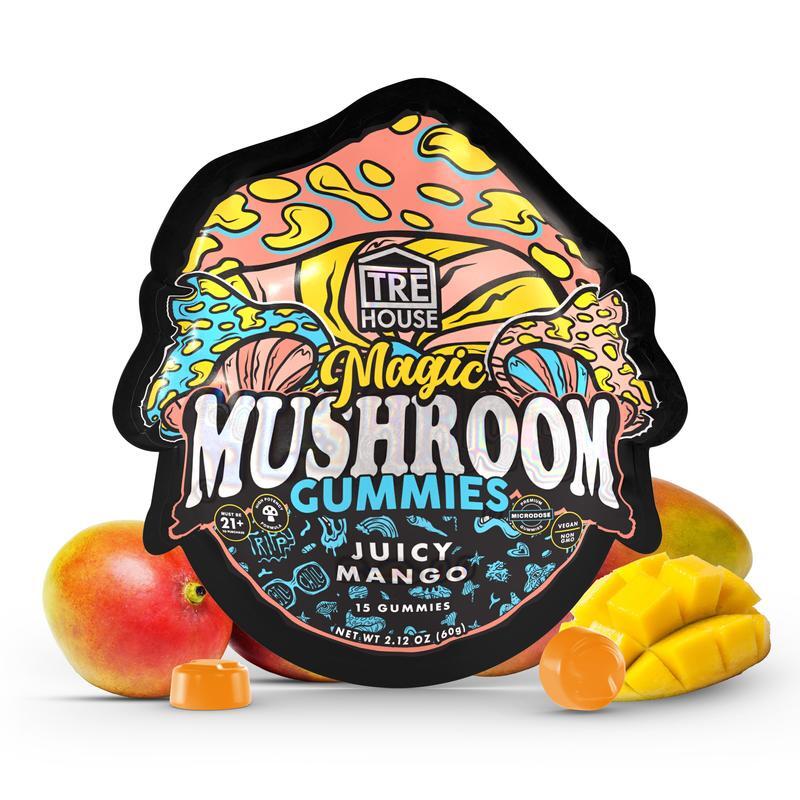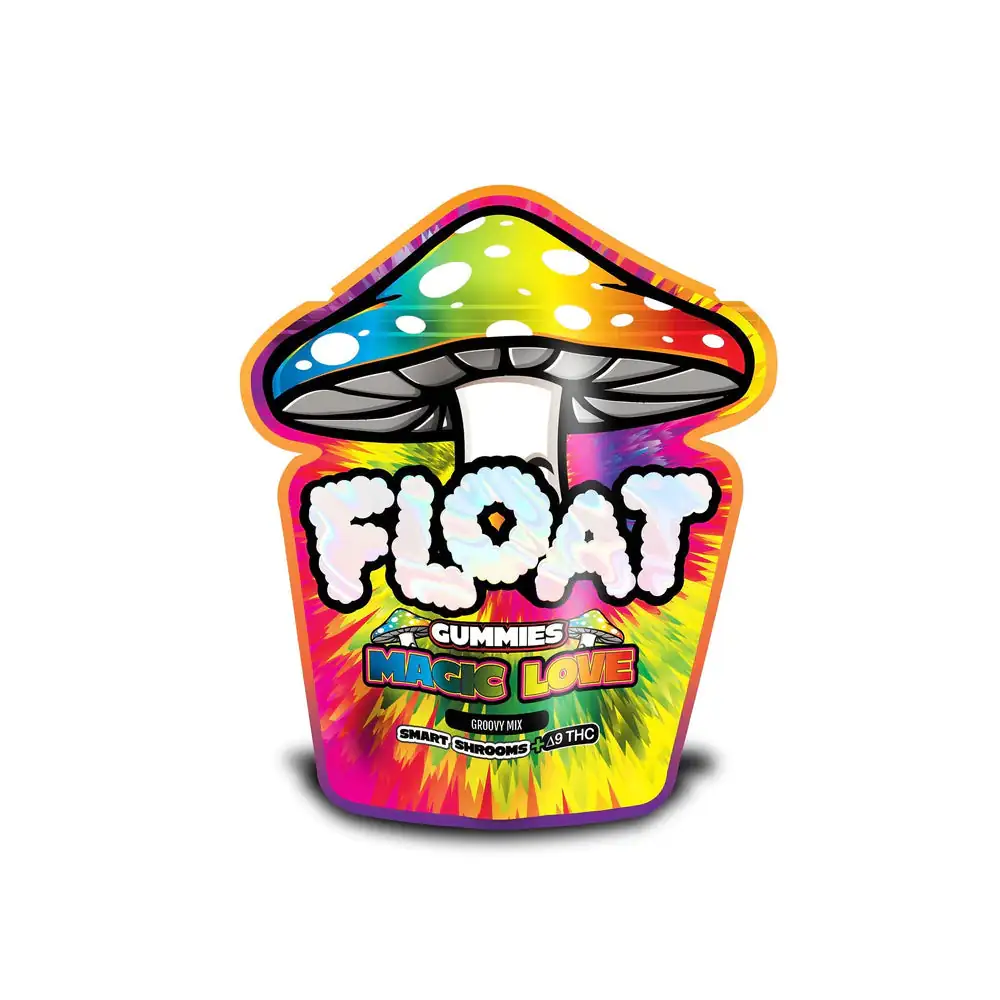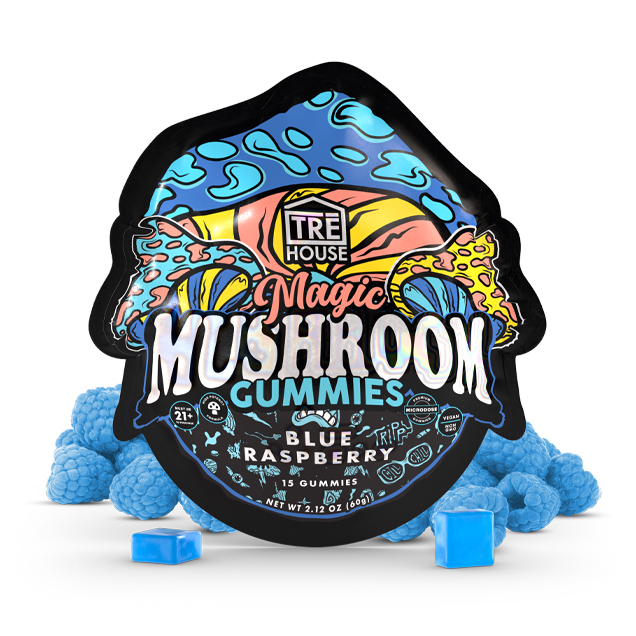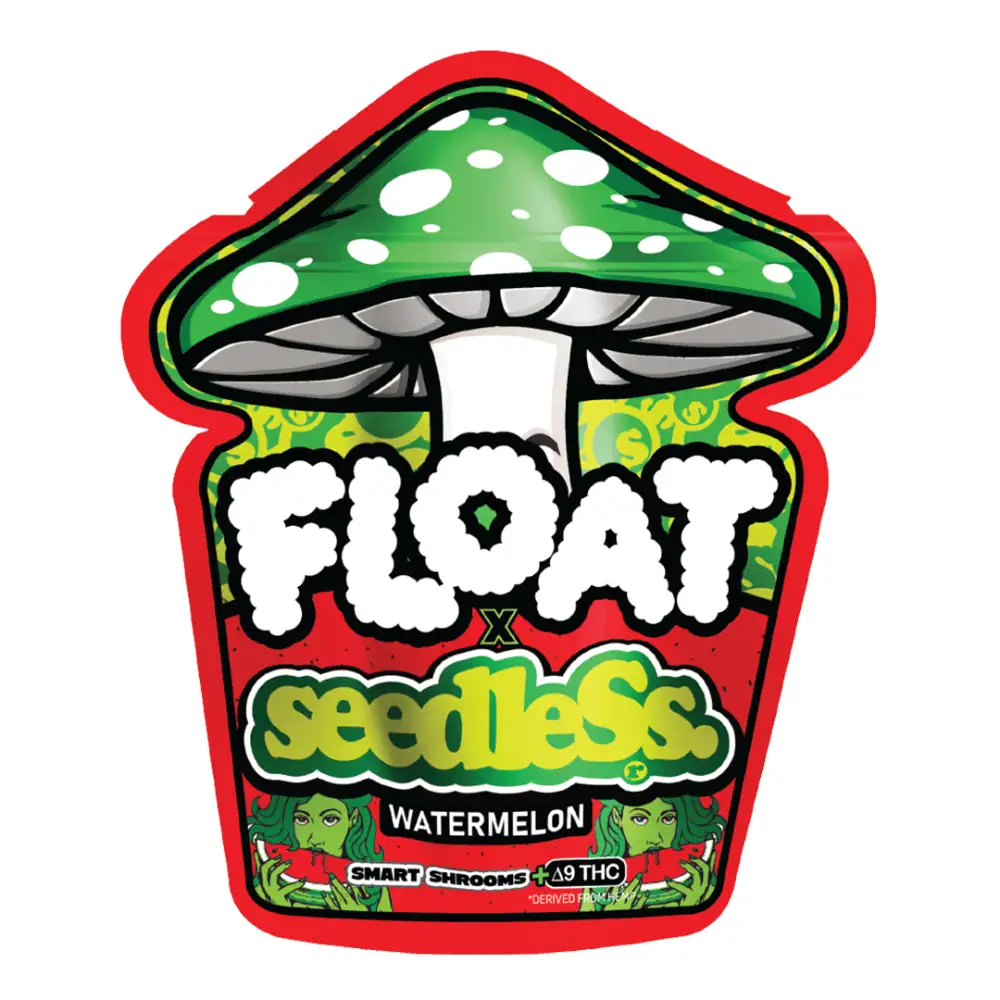In recent years, there’s been a notable resurgence in the exploration of psychedelics, particularly psilocybin—the active compound in magic mushrooms. But are magic mushrooms legal in California?
Once relegated to the fringes of society, these substances are now at the forefront of discussions surrounding mental health treatment and personal well-being. California, known for its progressive stance on various issues, has become a focal point in the debate over the legality and therapeutic potential of magic mushrooms.
This article dives into the current legal status of magic mushrooms in California, the science behind psilocybin, recent legislative efforts, and what the future might hold for psychedelics in the Golden State.
Understanding Psilocybin: What Are Magic Mushrooms?
Magic mushrooms refer to fungi that contain psilocybin and psilocin, compounds known for their psychoactive properties. When ingested, psilocybin is converted into psilocin, which interacts with serotonin receptors in the brain, leading to altered perceptions, mood changes, and, in some cases, profound spiritual experiences.
Historically, various cultures have used psilocybin-containing mushrooms in religious and healing rituals. In the modern era, scientific studies have begun to explore their potential therapeutic applications. Research from institutions like Johns Hopkins University suggests that psilocybin may help alleviate symptoms of depression, anxiety, and addiction when administered in controlled settings.
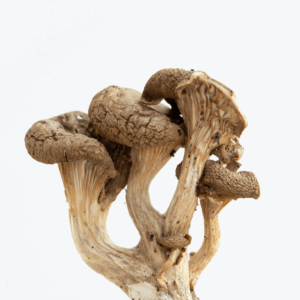
Current Legal Status of Magic Mushrooms in California
As of now, psilocybin remains a Schedule I substance under both federal and California state law. This classification indicates that it’s considered to have a high potential for abuse and no accepted medical use. Consequently, the possession, sale, or cultivation of magic mushrooms is illegal throughout California.
However, enforcement varies across the state. Some cities, like Oakland and Santa Cruz, have passed resolutions decriminalizing the personal use and possession of entheogenic plants, including psilocybin mushrooms. It’s important to note that decriminalization doesn’t equate to legalization; it merely makes enforcement of related laws a low priority for local authorities.
Legal Grey Areas: The Reality of Accessing Psilocybin
Despite its illegal status, psilocybin is not hard to find in California. Between underground therapists, psychedelic retreats, and digital storefronts selling “spores for microscopy,” the market is alive and well—just not formally regulated. This grey market poses both opportunities and challenges.
On one hand, access to psilocybin allows more people to explore its therapeutic potential. On the other, the absence of oversight means users risk consuming products that may be unsafe or ineffective. There’s also the risk of legal consequences, especially for people of color and marginalized communities who have historically been disproportionately targeted by drug enforcement policies.
Some cities, like Oakland and Santa Cruz, have attempted to address this tension by decriminalizing entheogens, essentially telling local law enforcement to look the other way when it comes to personal use. However, these municipal ordinances don’t provide protections at the state or federal level, leaving users vulnerable.
The hope is that with growing public interest and more rigorous research, California will move toward a system where access is both safe and equitable. But until broader legislative changes occur, Californians engaging with psilocybin remain in a legally precarious position.
California’s Decriminalization Efforts: What’s Changing?
In 2023, California State Senator Scott Wiener introduced Senate Bill 58 (SB 58), aiming to decriminalize the possession and personal use of certain psychedelics, including psilocybin, for adults over 21. The bill passed both legislative chambers but was ultimately vetoed by Governor Gavin Newsom.
Governor Newsom expressed support for the therapeutic potential of psychedelics but emphasized the need for regulated treatment guidelines before decriminalization. He stated the importance of establishing dosing information, therapeutic guidelines, rules to prevent exploitation during guided treatments, and medical clearance protocols.
Despite the veto, Senator Wiener and other advocates remain committed to pursuing legislation that focuses on the therapeutic use of psychedelics, aligning with the governor’s call for a structured framework.
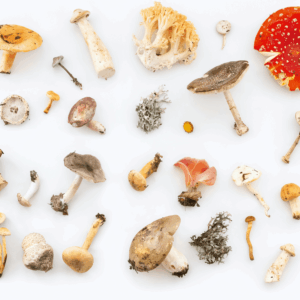
Psilocybin Therapy vs. Recreational Use: What’s the Difference?
As the movement for legalization progresses, it’s essential to distinguish between recreational use and therapeutic use of psilocybin. The difference is not just semantic—it’s foundational to how laws are being crafted.
Psilocybin-assisted therapy typically involves multiple sessions with a trained facilitator or therapist. The goal is not to get high, but to use the psychedelic experience as a catalyst for addressing mental health issues like PTSD, depression, or addiction. This structured approach is what most clinical trials are based on and is often cited in legislative debates as the model for safe use.
By contrast, recreational use is generally unstructured, often pursued for personal exploration, euphoria, or spiritual insight. While many users find value in recreational experiences, the lack of medical oversight means there’s a greater risk of negative psychological outcomes, particularly for people with underlying mental health conditions.
Understanding these two pathways—medical and personal—is critical for shaping future laws. Most current legislative efforts, like Oregon’s model, prioritize therapeutic frameworks first, with broader access potentially following once the infrastructure is in place.
Microdosing: A Gateway to Mainstream Acceptance
One major catalyst for psilocybin’s growing popularity is the practice of microdosing—taking sub-perceptual amounts of psychedelic substances to improve mood, focus, and creativity without inducing a full-blown trip. While not legally sanctioned in California, microdosing has quietly become a widespread phenomenon, particularly in Silicon Valley, Los Angeles, and other urban hubs where high performance and mental clarity are in demand.
Anecdotally, people report reduced anxiety, enhanced problem-solving skills, and improved interpersonal relationships as benefits of microdosing psilocybin. Although clinical studies on microdosing are still in early stages, preliminary findings suggest it may have measurable benefits on mood and cognition. California residents are increasingly using this method as a way to experience the therapeutic potential of psilocybin without the intensity—or legal risks—associated with larger doses.
What makes microdosing culturally important is that it represents a bridge between medicalization and everyday use. It appeals to those who aren’t necessarily seeking psychedelic therapy in a clinical setting but are curious about the cognitive benefits. As this practice gains more visibility, it creates a new constituency of users who may support legalization and safe access in the future.
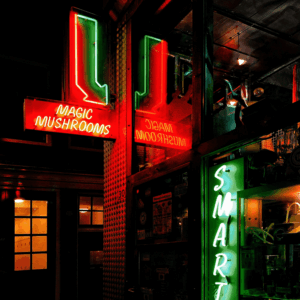
Magic Mushrooms and Mental Health: The Medical Perspective
The resurgence of interest in psychedelics is largely driven by emerging research highlighting their potential mental health benefits. Clinical trials have shown that psilocybin-assisted therapy can lead to significant reductions in symptoms of depression, anxiety, and PTSD.
For instance, studies have found that a single dose of psilocybin, combined with psychotherapy, produced rapid and sustained antidepressant effects in patients with major depressive disorder. These promising results have led the FDA to designate psilocybin as a “breakthrough therapy” for treatment-resistant depression, expediting the research and development process.
However, experts caution that these therapies should be administered in controlled settings under professional supervision to mitigate potential risks.
Risks, Laws, and What You Should Know Before Using
While the therapeutic potential of psilocybin is promising, it’s crucial to understand the legal and health risks associated with its use:
- Legal Risks: Possession, sale, or cultivation of psilocybin mushrooms is illegal in California, except in cities that have decriminalized personal use. Violations can result in criminal charges, fines, and imprisonment.
- Health Risks: Psilocybin can cause adverse effects, including nausea, paranoia, and hallucinations. Individuals with a history of mental health disorders should exercise caution, as psychedelics can exacerbate certain conditions.
- Set and Setting: The environment and mindset in which psilocybin is consumed significantly influences the experience. Unfavorable settings can lead to negative experiences or “bad trips.”
Given these factors, it’s advisable to approach psilocybin use with caution and awareness of the legal implications.
What’s Next for Psilocybin in California?
The future of psilocybin in California hinges on the development of regulated treatment frameworks and continued legislative efforts. Governor Newsom’s veto of SB 58 highlighted the need for comprehensive guidelines to ensure safe and effective therapeutic use.
Advocates are now focusing on crafting legislation that addresses these concerns, with the aim of establishing licensed treatment centers and training programs for facilitators. Such measures would align California with states like Oregon and Colorado, which have already implemented regulated psilocybin therapy programs.
Public support for psilocybin decriminalization and therapeutic use is growing, suggesting that future reforms may gain traction. As research continues to validate the benefits of psilocybin, California may eventually lead the way in integrating psychedelics into mental health care.
The Rise of Psychedelic Education: Preparing for a New Frontier
As interest in psychedelics grows, educational institutions in California are stepping up to provide structured learning opportunities. The California Institute of Integral Studies (CIIS) in San Francisco is set to launch the nation’s first undergraduate degree in psychedelic studies in Fall 2025. This program aims to explore the ethical, historical, psychological, and neuroscientific foundations of psychedelic medicine, preparing students for careers in the emerging field of psychedelic-assisted therapy.
The curriculum includes subjects like neuroscience, global traditions, and legal aspects, culminating in a senior project. Such educational initiatives reflect a broader shift toward legitimizing psychedelics in science and healthcare, ensuring safe, informed, and ethical practices in this complex and evolving field.
Grassroots Movements: The Role of Decriminalize Nature
Grassroots organizations have been instrumental in shifting public perception and policy regarding psychedelics. Decriminalize Nature, founded in Oakland in 2019, aims to improve human health and well-being by decriminalizing and expanding access to entheogenic plants and fungi through political and community organizing, education, and advocacy.
Ethical and Equity Considerations
As with cannabis, there’s concern that the benefits of psilocybin legalization could be unequally distributed. Advocates stress the importance of creating an inclusive framework that allows individuals from marginalized communities to participate in—and benefit from—the emerging industry.
This includes initiatives like licensing equity programs, community reinvestment, and removing criminal records for prior psilocybin-related offenses. Without such measures, there’s a risk that legalization could simply reinforce existing inequalities, favoring well-capitalized entrepreneurs over the communities most harmed by past drug laws.
Ethical guidelines are also essential in the therapeutic space. As psilocybin becomes more normalized, ensuring that facilitators are properly trained and that consent and safety are prioritized is critical. Abuse in therapeutic settings is a very real concern, and regulations must address it head-on.
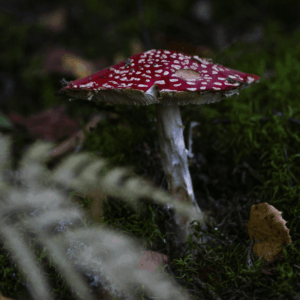
Economic Impact: Could Psilocybin Be California’s Next Green Boom?
There’s also a growing economic argument for psilocybin legalization. California has already reaped significant financial benefits from legalizing cannabis, generating billions in tax revenue and creating thousands of jobs. Legal psilocybin could offer similar gains.
A regulated psilocybin industry could create a wide range of professional opportunities—from therapists and facilitators to growers, lab technicians, and educators. Additionally, tourism tied to psychedelic retreats and therapeutic centers could boost local economies, particularly in rural or underdeveloped areas.
Some projections estimate that the U.S. psychedelic market could reach $10 billion by 2027, and California, with its progressive track record, is well-positioned to lead the charge. But this economic potential hinges on creating policies that ensure safety, equity, and public trust.
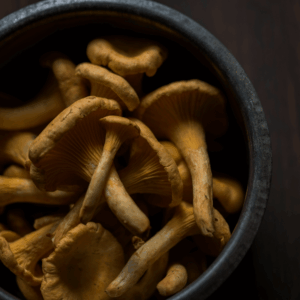
Are Magic Mushrooms Legal in California: Conclusion
While magic mushrooms remain illegal in California, the landscape is evolving. Scientific research underscores the potential of psilocybin as a therapeutic tool, and legislative efforts reflect a growing interest in reevaluating its legal status.
As the state navigates the complexities of regulation and public health, staying informed and engaged will be key for those interested in the future of psychedelics in California.
Frequently Asked Questions
1. Will mushrooms be legalized in California?
While magic mushrooms remain illegal under California state law, there is ongoing momentum toward legalization. In 2023, Senate Bill 58 aimed to decriminalize the possession and personal use of psilocybin and other natural psychedelics for adults over 21.
However, Governor Gavin Newsom vetoed the bill, citing the need for established therapeutic guidelines before decriminalization due to California health and safety code. Advocates, including Senator Scott Wiener, plan to reintroduce legislation focusing on therapeutic use, with a potential ballot measure in 2026.
2. In what state are magic mushrooms legal?
As of 2025, Oregon and Colorado have legalized psilocybin for therapeutic use. Oregon permits adults 21 and over to consume psilocybin at licensed service centers under trained facilitators as a means of psychedelic therapies. Colorado allows personal use and cultivation for adults 21 and over, with a regulated system for supervised consumption in development.
3. Is possession of mushrooms a felony in California?
Yes, under California state law, psilocybin is classified as a Schedule I controlled substance. Possession, sale, or cultivation is illegal and can lead to criminal charges. However, some cities, including Oakland in San Francisco and Santa Cruz, have decriminalized psilocybin, making enforcement a low priority for local authorities.
4. Are psychedelic mushrooms legal now?
Psychedelic mushrooms and other psychedelic substances remain illegal under federal law and in most U.S. states. While Oregon and Colorado have legalized psilocybin for therapeutic use, and several cities have decriminalized its possession, psilocybin is still classified as a Schedule I substance federally (aka illegal drugs). California has seen legislative efforts toward decriminalization, but as of now, psilocybin remains illegal under state law.




